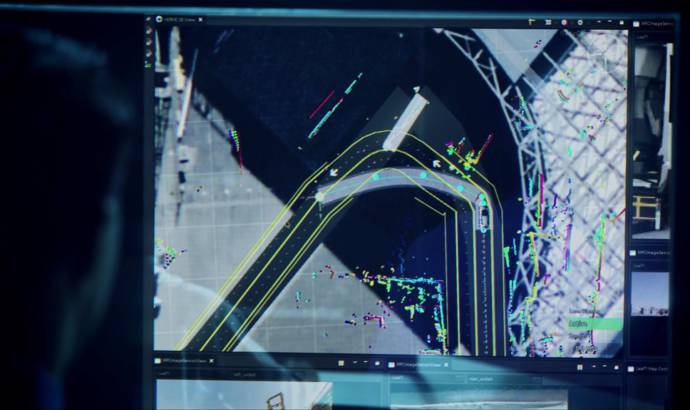When you want to be sure that your autonomous car will be the best in the world, you have to be sure you partner only with the best. Nissan is one of the manufacturers who made fantastic progress in this direction and now it can do even more.
Nissan US announced an agreement with NASA Ames Research Center in California’s Silicon Valley to collaborate on research and technology development for future autonomous mobility services, including a working demonstration in Silicon Valley. This update to the existing research collaboration between Nissan and NASA builds on previous success to define a new scope of activities into 2019.
Under the terms of the five-year research and development partnership, researchers from the Nissan Research Center in Silicon Valley and NASA Ames have been working together to advance autonomous vehicle systems.
In January 2017, at CES in Las Vegas, Nissan introduced Nissan Seamless Autonomous Mobility (SAM), a new platform for managing fleets of autonomous vehicles, developed from NASA technology. This new phase in the joint collaboration will build on that success to further develop the technology and test the use of SAM for managing autonomous transportation services, ahead of public implementations.
The research collaboration with NASA is part of Nissan’s roadmap for the technology and business evolution of the automotive industry, called Nissan Intelligent Mobility. This roadmap consists of three workstreams of inter-related innovations in autonomous drive (Intelligent Drive), electrification (Intelligent Power) and infrastructure technologies (Intelligent Integration). SAM represents a major milestone in Nissan Intelligent Integration, providing the infrastructure to safely and seamlessly integrate autonomous mobility services into existing urban environments.



